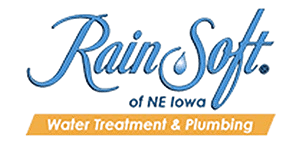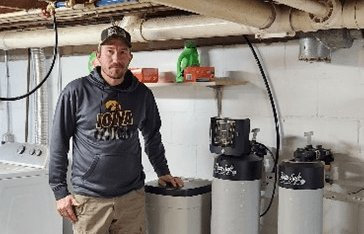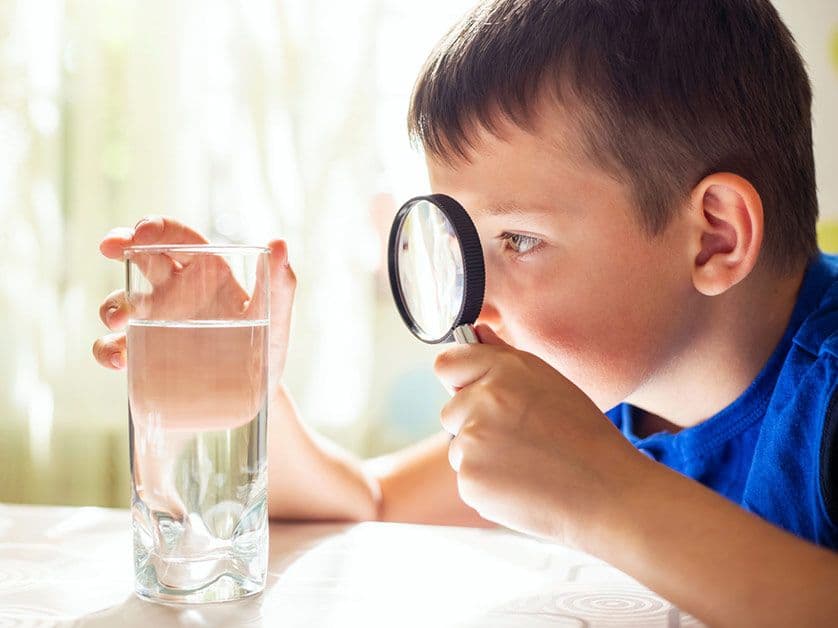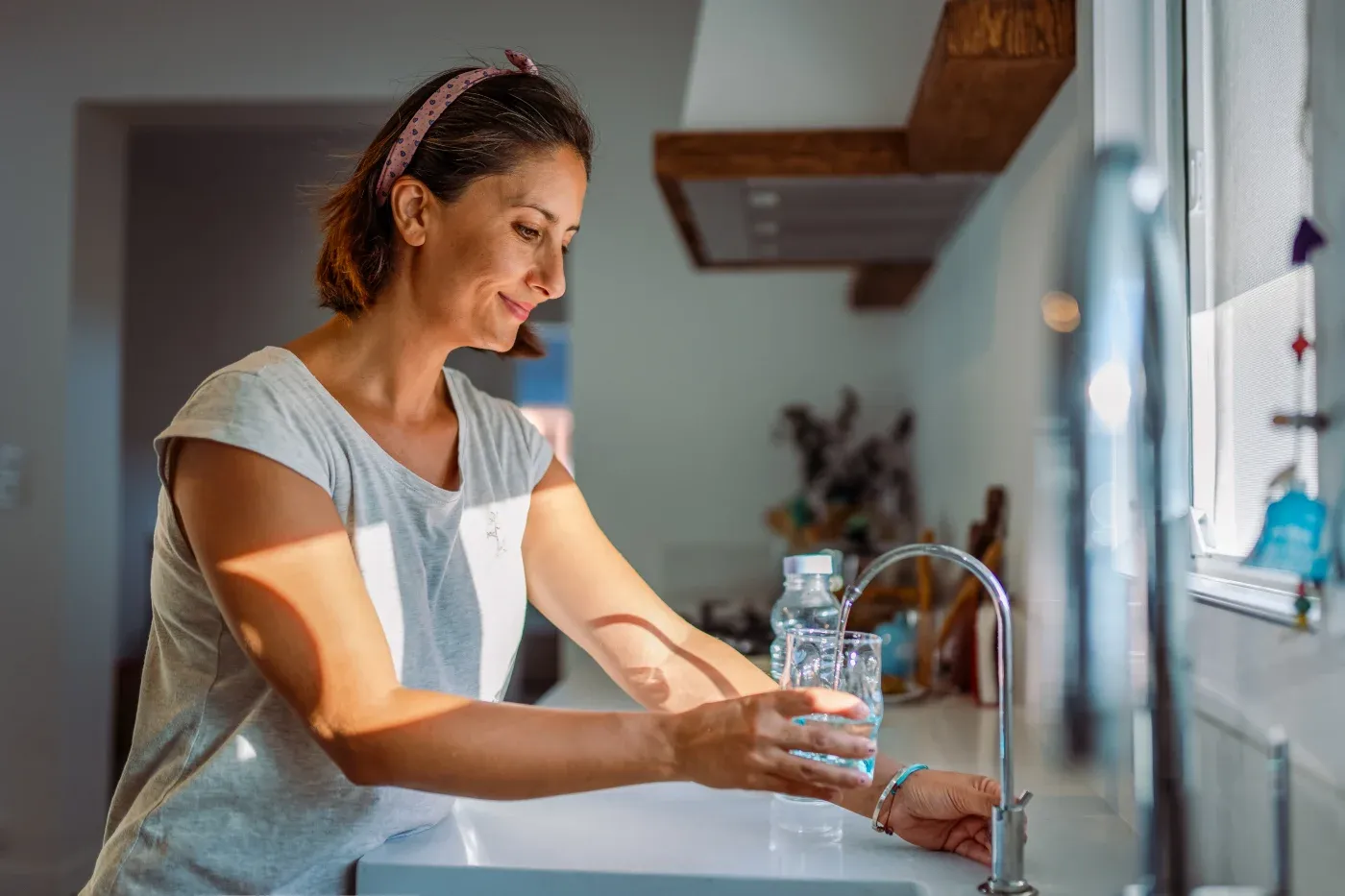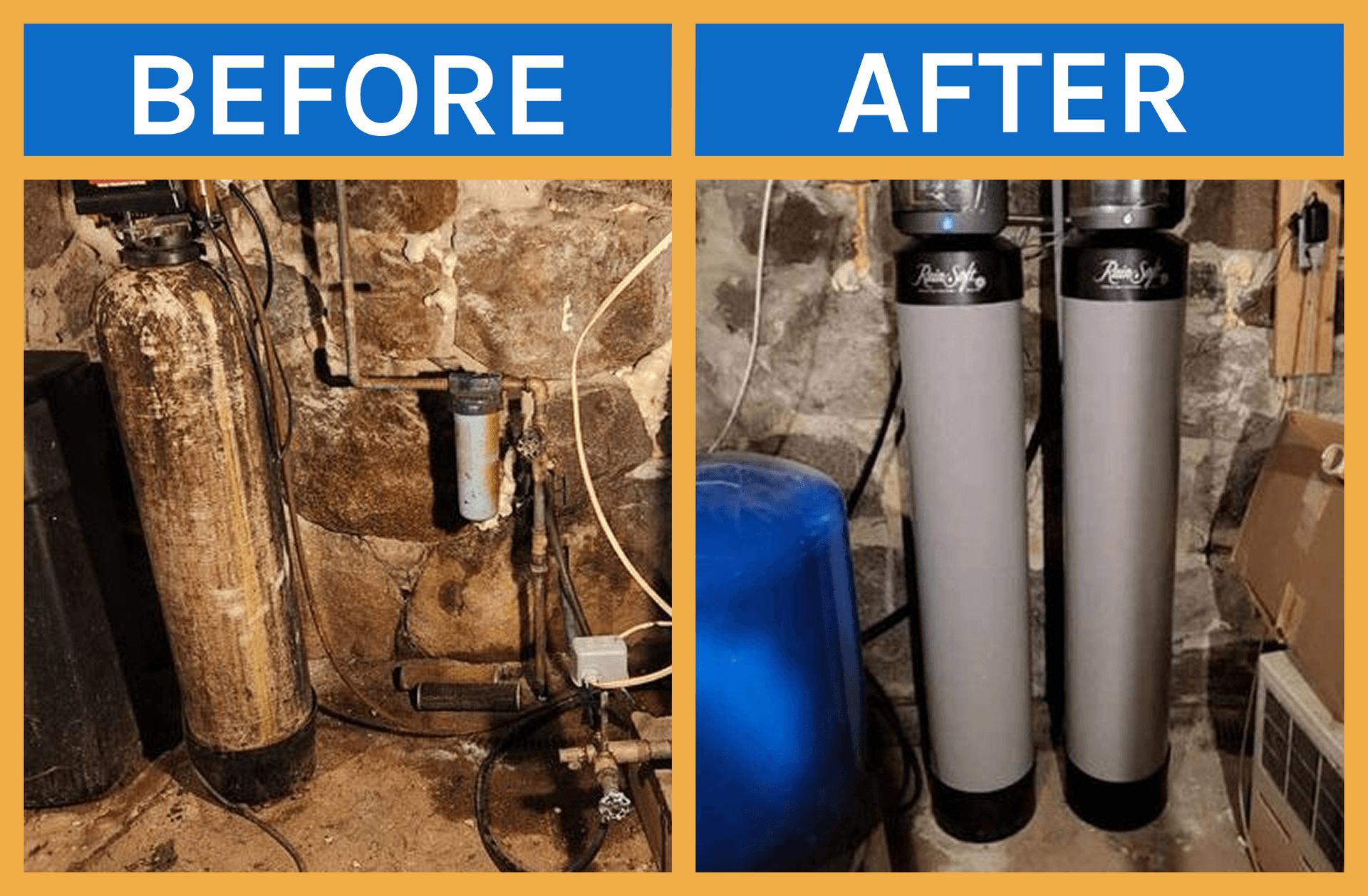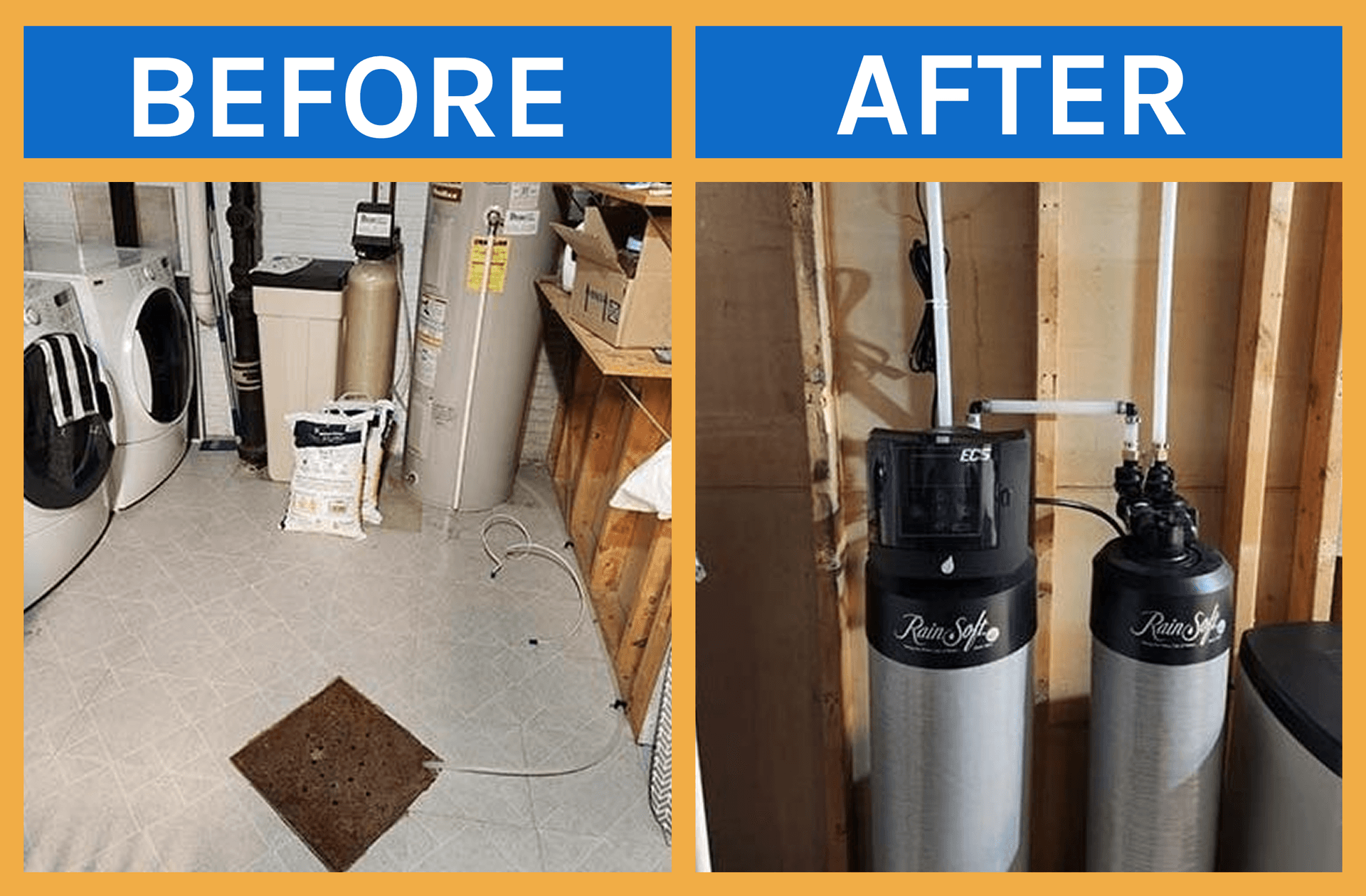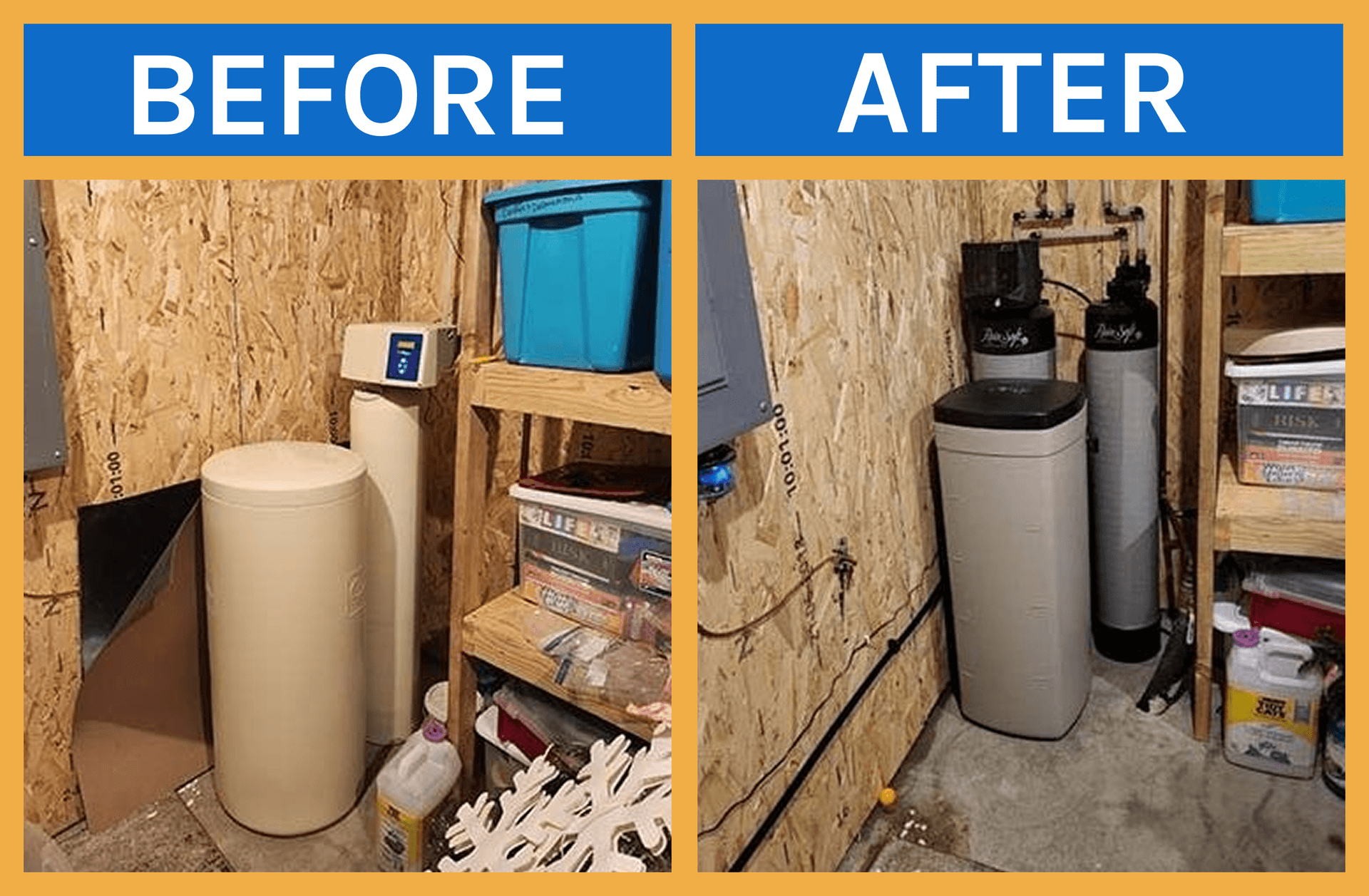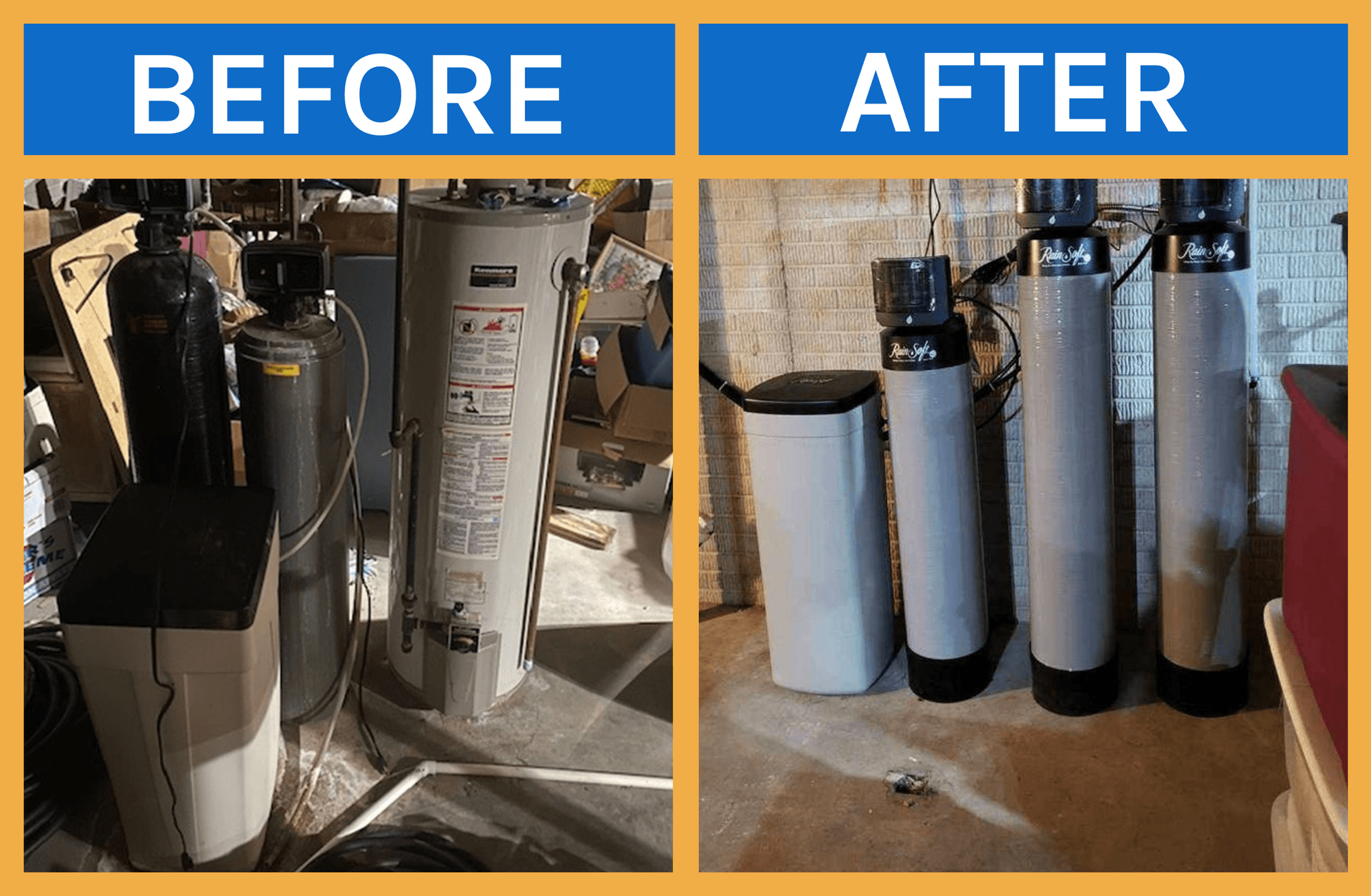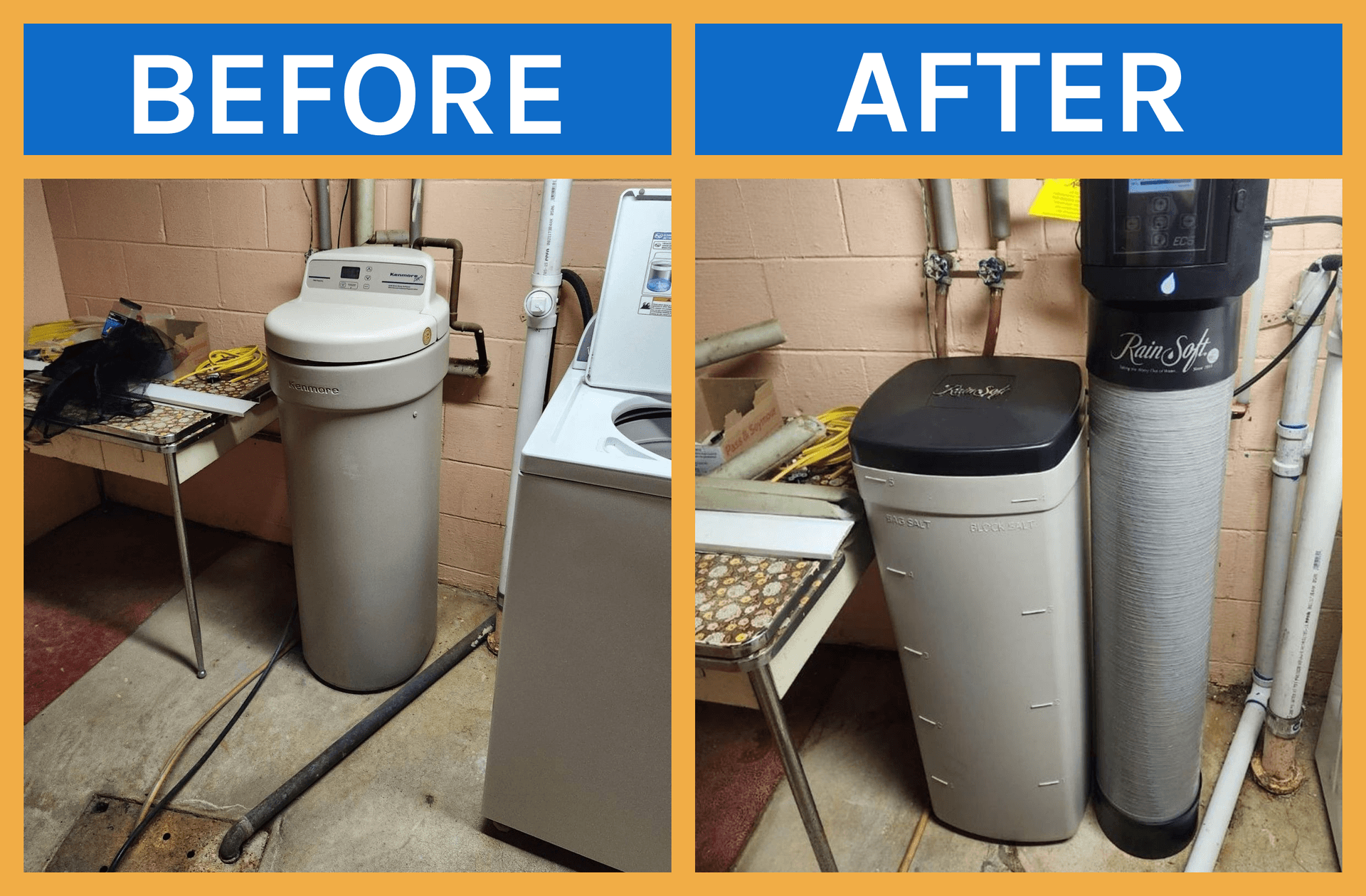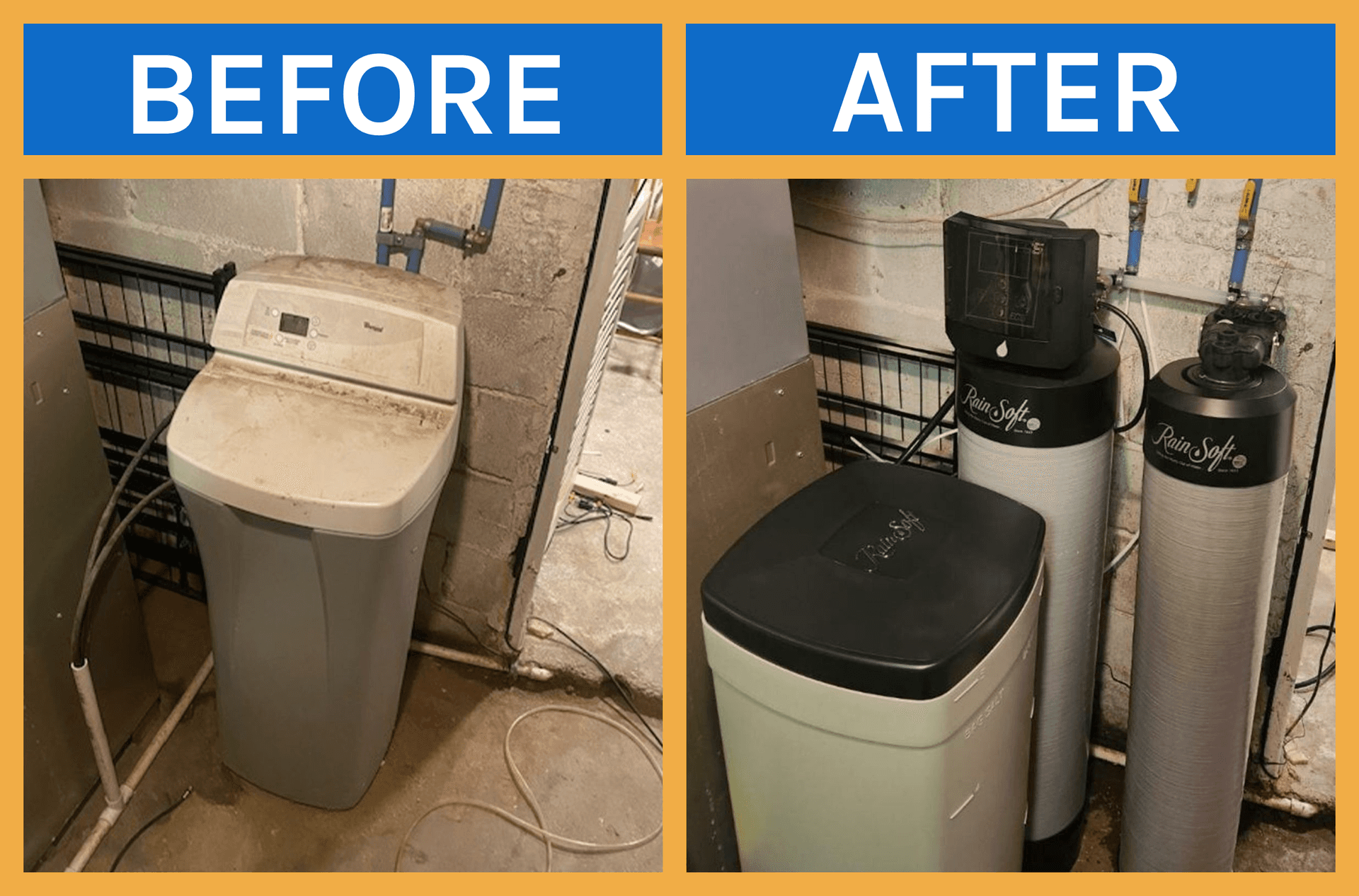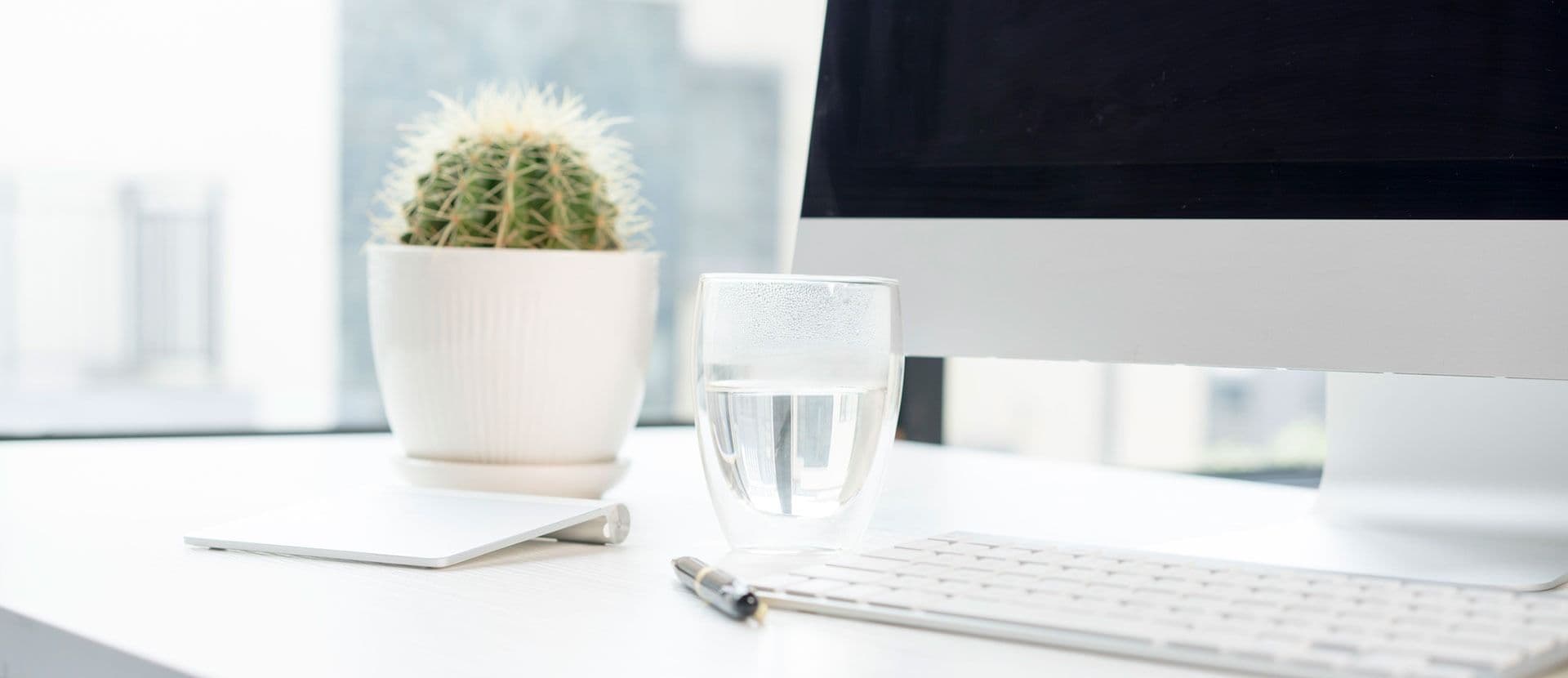
Why Hard Water Is a Nuisance
Hard water is simply water with traces of minerals, the most common of which is calcium and magnesium. Hard water isn’t a health risk, but it can be problematic for water fixtures and daily household activities. What causes hard water, and how do you address it in your water supply?
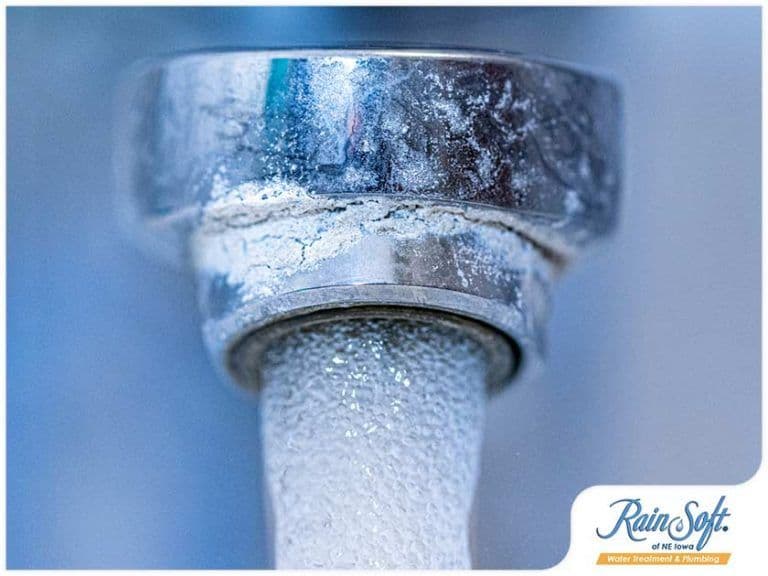
How Hard Water Is Formed
When water is combined with carbon dioxide, a weak carbonic acid is produced. This acid makes water an even better solvent. And, as water moves through soil and rock, it dissolves some minerals and retains them.
The Problem With Hard Water
Hard water can be a nuisance. It’s the main culprit behind soap scum on shower doors, shower walls, bathtubs, sinks, faucets and other fixtures. (When soap comes into contact with hard water, it leaves behind a sticky soap curd.) Clothes that were washed using hard water might look dingy and feel scratchy. (Part of the reason why laundered clothes might look dingy is that hard water reduces the effectiveness of detergent). And, in some cases, the minerals present in hard water could accumulate in pipes, clogging your home’s plumbing.
How to Tell if Your Water Supply Has Hard Water
Aside from keeping an eye out from the aforementioned warning signs, you can ask the municipal supplier about the hardness of the water supplied to your home. For those using a private water supply, you can have your water tested. Here’s a tip: companies that offer water treatment equipment like a water purifier and softener also provide water testing services.
How to Remove Hard Water From Your Supply
One option would be to install a water softener in your plumbing system to continuously remove calcium and magnesium. Water softeners remove traces of minerals through the ion exchange process.
Keep in mind that you need to take into account the hardness of your water supply when choosing a water softener, which is why it’s best to consult a water equipment provider before making a decision.
Need to have your water tested?
RainSoft of NE Iowa offers professional plumbing services as well as a wide range of quality water treatment equipment. To get a quote or schedule a free water test, call us at (319) 346-3286, or fill out this form.
Filed Under: Water Softerner Tagged With: Hard Water, Plumbing Services, Water Softener
FREE WATER QUALITY TEST
Receive a $40 Gift Card with Your Completed Test
Recent Posts
Hard water, characterized by a high concentration of minerals like calcium and magnesium, is a common issue for many homeowners...
Ensuring clean drinking water is essential for health, but certain chemical contaminants can sometimes find their way into water sources...
Despite the advancements in our municipal water treatment facilities, the risk from contaminants — ranging from industrial pollutants to natural occurrences — is and will always be present...
Contact RainSoft of NE Iowa
For more information and to schedule a complimentary water test, contact RainSoft of NE Iowa today. We are an authorized RainSoft dealer serving Waterloo, Cedar Falls, Cedar Rapids, Marion and many other communities in the northeast region of IA.
Our Testimonials
We live a considerable distance away from the city where Rain Soft is located but have never had any problems with the system itself. We were proud to recommend it to our son when he brought the place from us. He has no problems as of this date. Thank you for your service!
Rainsoft is a great product that comes with great service. We feel it was an investment, but we feel it was worth it. We have the Ultrefiner Drinking Water System that we use for all of of water bottles on the go - they stay clean - no yellow or pink film…. The Water Conditioning System is efficient and we used about 6 bags of salt in the last year - active family of 2 with family stopping in. Would highly recommend Rainsoft.
We have been with Rain soft since 1999. We recently purchased a new softener and decided to stay with Rain soft because of their excellent service and quality of product. We have had the reverse osmosis system since the beginning and have also added the chlorine removal tank. We enjoy having the quality water that our system provides us with. Thanks to rain soft. Brent and Carla Whitlock.
Will make this short. Had some problem with our water softener. Had water on the floor. It would make all kinds of noise and the our water softness was inconsistent. Lucas came and took the time to fix it right! Our water softener has never worked this well. Be sure to let Lucas know much we appreciated his work!!
RainSoft has delivered excellent service and products since we installed a whole house water system more than 20 years ago. We recently replaced our refrigerator and RainSoft came the next day to connect the new water line for our ice/water. Prompt and friendly service!
Blake was awesome and the warranty on the products is very good. Blake took the time to replace all potential problem parts in the system at no additional charge. Living in the country with well water is hard on the system but I don’t know what I would do without it. Blake also had some extra bags of salt on hand to save us a trip. Very professional and obviously took pride in doing things right!



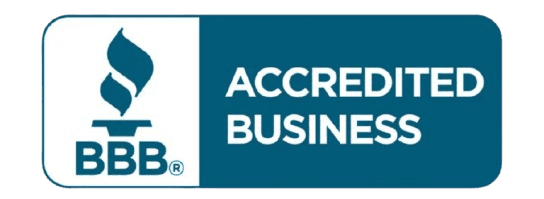


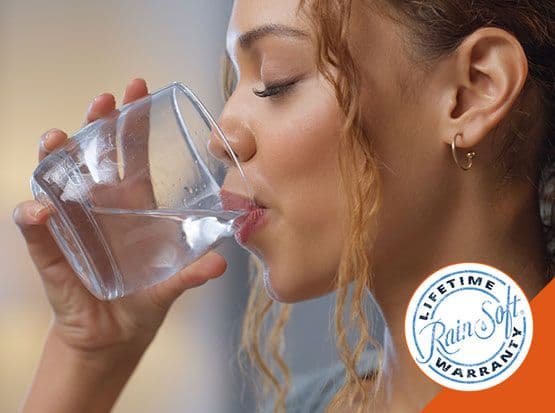
Lifetime Warranty
A RainSoft home water treatment system is backed by the most comprehensive warranty in the industry: the RainSoft Lifetime Warranty. When installed by our knowledgeable, certified technicians and licensed plumbers, you get unsurpassed warranty coverage for all RainSoft water softener and air treatment products. You can even take your RainSoft system with you if you move! That means a water treatment system from RainSoft is the last system you will ever need to buy. Contact us today to schedule a free water test.
News and Updates
Hard water, characterized by a high concentration of minerals like calcium and magnesium, is a common issue for many homeowners...
Ensuring clean drinking water is essential for health, but certain chemical contaminants can sometimes find their way into water sources...
Despite the advancements in our municipal water treatment facilities, the risk from contaminants — ranging from industrial pollutants to natural occurrences — is and will always be present...
We Could Be In Your Area
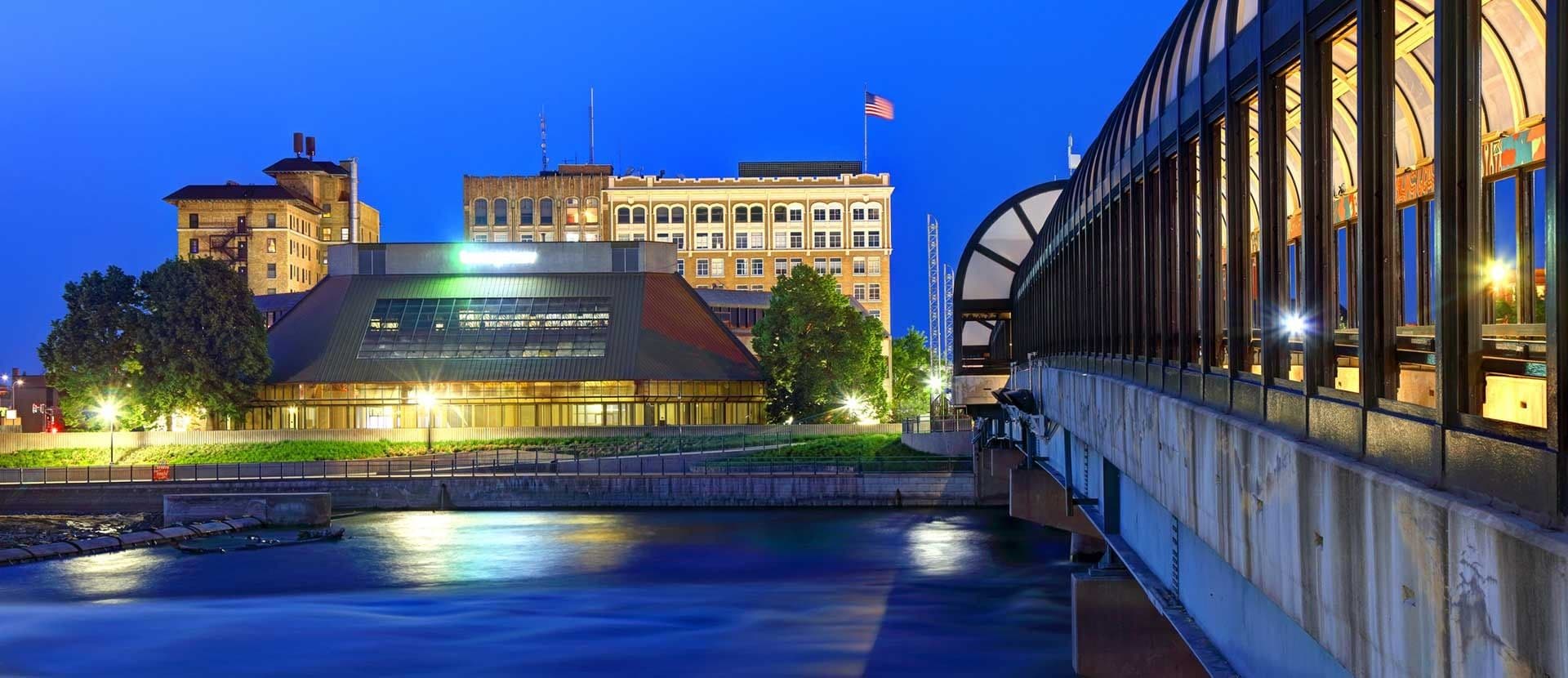
Mon - Fri: 8AM - 4:30PM
Sat - Sun: Closed
